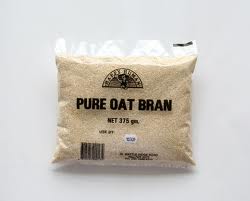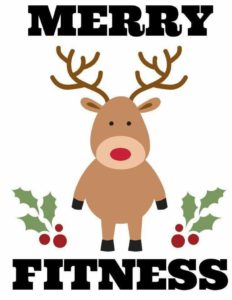Effect of oat bran on time to exhaustion
The aim of this study was to evaluate the effect of oat bran supplementation on time to exhaustion in rats submitted to training. The animals were divided into 3 groups: sedentary control group, an exercise group that received a control chow and an exercise group that received a chow supplemented with oat bran. Exercised groups were submitted to an eight weeks swimming training protocol. In the last training session, the animals performed exercise to exhaustion, (e.g. incapable to continue the exercise).
Analysis
After the animals, blood, muscle and hepatic tissue were collected a statistical analysis was performed and the time to exhaustion of the group that received a chow supplemented with oat bran was 20% higher. It was concluded that the chow rich in oat bran increased muscle and hepatic glycogen concentrations. The higher glycogen storage can improve endurance performance during training and competitions, and a lower post-exercise inflammatory response can accelerate recovery.
Breakthrough
The importance of dietary carbohydrates in sporting performance was shown in the classical gaseous exchange experiments and biopsy studies, in which increasing exercise intensity utilises a greater proportion of carbohydrates. The data provided a major breakthrough for the science of sports nutrition, as it enabled the exact amount of carbohydrate for athletes to be quantified.
Recommendations
The recommendations concerning carbohydrates for athletes are around 6 g-10 g/Kg/day and these quantities vary in accordance with the quantity of body mass, gender, volume and intensity of the training. Elite athletes train around 8 to 40 hours per week, exponentially increasing their nutritional needs. The International Olympic Committee (IOC) recommends that: “following a diet rich in carbohydrates days before a competition can help to increase sporting performance, particularly when the exercise is kept up for longer than 60 minutes”.
Resources
Felipe F Donatto, Journal of the International Society of Sports Nutrition http://www.jissn.com/content/7/1/32



